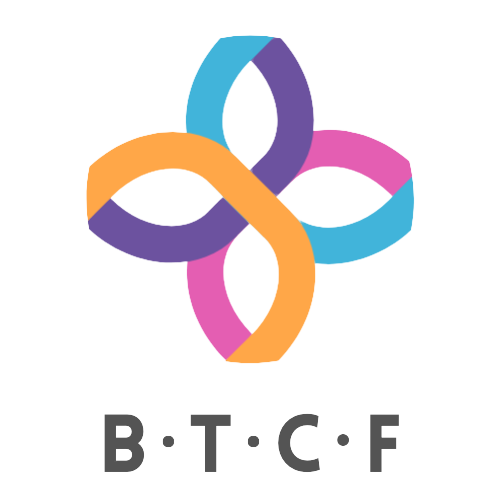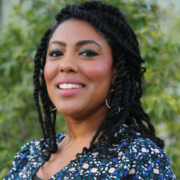Shattering the Narrative: 3 Actions To Support BIPOC with Eating Disorders
Shattering the Narrative: 3 Actions To Support BIPOC with Eating Disorders
by Mia Harris, M.Ed
Eating disorders thrive in isolation and magnify shame. If you are Black, Latinx, Indigenous, or Asian and struggling with one, the stigmatization is devastating.
As awareness increases in the prevalence of eating disorders, misconceptions about who suffers from them are still prevalent even amongst healthcare providers and the community at large. Eating disorders are often seen as solely a rich, white woman’s problem but that is not true. Black teenagers are 50% more likely than white teenagers to exhibit bulimic behavior, such as binging and purging.[i] Also, Hispanic people are significantly more likely to suffer from bulimia nervosa than their non-Hispanic peers. In addition, Asian American college students report higher rates of restriction compared with their white peers and higher rates of purging, muscle building, and cognitive restraint than their white or non-Asian, BIPOC peers.[ii]
Even once BIPOC (Black, Indigenous, People of Color) overcome the hurdle of sharing their struggles with friends and family, getting diagnosed, and finally getting help, finding culturally competent treatment is difficult. “Cultural competence in health care is broadly defined as the ability of providers and organizations to understand and integrate these factors into the delivery and structure of the health care system. The goal of culturally competent health care services is to provide the highest quality of care to every patient, regardless of race, ethnicity, cultural background, English proficiency or literacy.” [iii] Since the root understanding or foundation of who suffers from eating disorders is flawed, clinical care is often compromised, and stigmatization is rampant. This one additional place where people can feel “othered” and it can be harmful to BIPOC clients whether it is intentional or not.
I have been a life-long advocate for quality mental and behavioral healthcare for underserved communities and in my research, I have learned a few ways that clinicians can provide culturally competent care and loved ones can learn more about eating disorders so they can advocate for their friends or family members.
Here are some of the things I’ve found:
- Do your research. There are excellent books, podcasts and webinars that you can dig into to learn more. Some of my favorites are Nalgona Positivity Pride , The Aakoma Project , and The Self-Love Revolution: Radical Body Positivity for Girls of Color by Virgie Tovar, MA. It’s important not to place the responsibility of education on your loved one or client. Doing your own research is a necessary proactive step.
- Practice active listening. This is a great one for family members or supportive others. Truly listen to your loved one as they embark on their recovery journey so you can support them in the ways they
- Build a community. There are case consultation groups for clinicians and support groups for family members available free of charge or for a nominal fee. With communication happening virtually at higher rates than ever before, finding something locally isn’t your only option.
While this isn’t an exhaustive list, it’s a start. I encourage everyone that treats people struggling with eating disorders to take charge of their own re-learning and unlearning then share it with a colleague. That’s the only way things are going to change. Don’t wait until someone who looks completely different from you lands in your office to do the work. The work starts now! For family members and supportive others, this may be something that you never imagined dealing with, but recovery happens in relationship with others. By taking these steps you can begin to build that supportive recovery relationship that your loved one deserves.
[i] “People of Color and Eating Disorders” by the National Eating Disorders Association
[ii] “Eating Disorder Symptoms in Asian American College Students” by Rachel C. Uri, Ya-Ke Wu, Jessica H. Baker, and Melissa A. Munn-Chernoff
[iii] Cultural Competence in Health Care: Is it important for people with chronic conditions? Health Policy Institute. (2019, February 13). https://hpi.georgetown.edu/cultural/
About Mia Harris, M. Ed
Mia is a change-agent, public speaker and passionate about bringing awareness to the behavioral and mental healthcare struggles of underserved communities. She helps inform others through her Op-Ed pieces, nationwide presentations and social media content. Mia has a Master’s in Special Education with an emphasis in Autism Intervention and has clinical experience as a speech and behavioral therapist in a variety of settings. Mia brings her passion for serving others to work by holding the role of Regional Director of Outreach at Alsana. She also serves as the Anti-Racism committee lead for the Social Justice Task Force advocating for marginalized communities, and prompting difficult conversations about race in professional settings.



